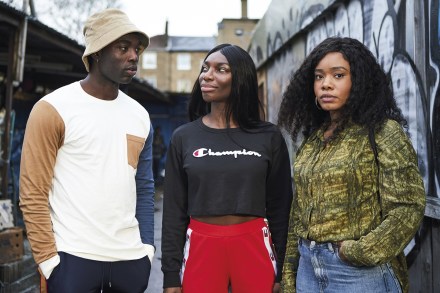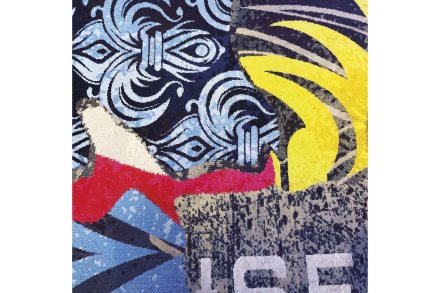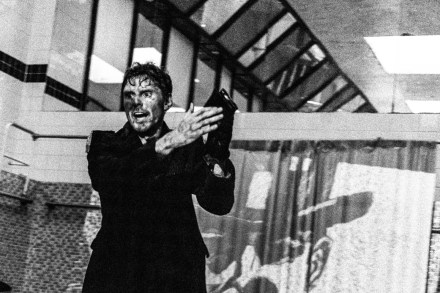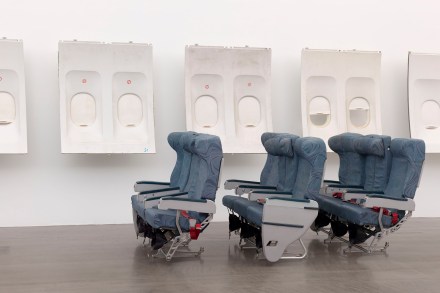Michaela Coel’s dazzling finale reminds me of Philip Roth: I May Destroy You reviewed
It might seem a bit of a stretch to see deep similarities between Michaela Coel (young, female, black and currently very fashionable indeed) and the late Philip Roth (increasingly discredited as an embodiment of all those phallocentric white guys who once ruled American fiction merely because they were great writers). Nonetheless, this week’s television made it hard not to. On Tuesday night, as an adaptation of Roth’s The Plot Against America began on Sky Atlantic, Coel’s I May Destroy You was serving up a dazzling final episode that confirmed how Rothian the series has been. For one thing, the main character Arabella, played by Coel herself, was — like many





















